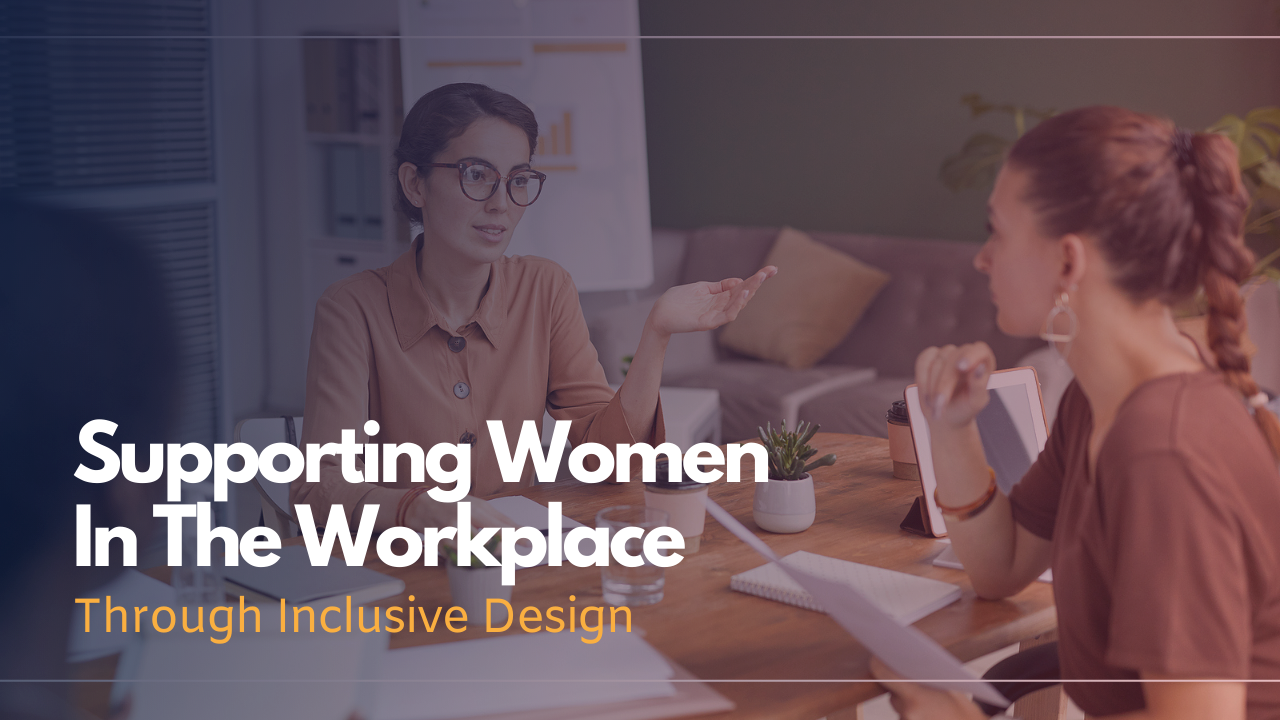- During Women’s History Month, Cowork Tahoe’s Jamie Orr explores the contributions women have made to the workspace industry.
- Women-owned businesses represent 40% of all US businesses, and more than 50% of those utilizing coworking space memberships are women.
- The pandemic has disproportionately challenged women, but there are ways to create a more inclusive workplace to support female entrepreneurs.
In the United States, March is Women’s History Month, a time to highlight the contributions of women both historically and to our current society, including in business. Coworking spaces across the globe support the operations of small and large businesses in addition to being businesses themselves.
The contributions of women, as owners, operators, and users, to the coworking industry are significant. Women-owned businesses represent 40% of all US businesses, according to a 2018 American Express report. In the coworking industry, about one third of spaces were founded by or are owned by women, and more than two thirds of staff are women.
Prior to the pandemic, more than 50% of those utilizing coworking space memberships were women, according to data gathered as part of the 2019 Coworking Survey.
However, the pandemic has disproportionately challenged women.
A year into the pandemic women are still being disproportionately impacted in the labor force, with women of color being hit particularly hard. An analysis by the National Women’s Law Center shows that the labor participation rate of women has hit a rate not seen since 1988, a 30 year low, and women are still short more than 5 million jobs.
As companies look toward a post-pandemic future, workspaces have a role to play in supporting women, and can make improvements that positively impact all workers.
In honor of International Women’s Day & Women’s History Month, Women Who Cowork, in partnership with the Coworking IDEA Project created a month long initiative focused on challenging gender inequality in coworking. The challenge, which begins with a self-assessment that can be taken by any workspace operator, “pays particular attention to how gender differences and relations are relevant for our organizations.”
Key topics covered as part of the self-assessment include workplace access to hygiene products, flexible work policies to support caregivers, private spaces for lactation, and safety measures for entering and exiting buildings, among others.
In addition to the topics brought up in the self-assessment, here are a number of other things that workplace operators can consider to create more inclusive and supportive spaces for women:
- Pay attention to temperature: According to a recent study, women perform better on tasks in warmer environments.
- Use less glass and rethink the open plan office: Floor-to-ceiling glass can actually make women feel uncomfortable. Similar to the use of too much glass, open plan offices can contribute to feelings of self-consciousness. However, according to the study, open plans can also help employees feel more equal to one another.
- Move the power strips: Place chargers and outlets on top of desks, not under. Make it easy for workers to plug in without having to bend down and duck under a desk, or have others ducking under desks around them.
- Silence your flooring: Do you have ‘loud’ flooring? Hard surfaces like concrete can cause those wearing heels or hard soled shoes to make a lot of noise while walking across a room, which can draw unwanted attention to the wearers that may be embarrassing.
- Mix up your mixers: Once it is possible to again host social events at workspaces post-COVID, keep them varied. It is best to balance options that are outside working hours (like a happy hour) with those during business hours, in order to be respectful of those with family responsibilities. It also helps to balance events that include alcohol options with those that don’t, like a group breakfast.
Changes like these that relate to how a workspace is designed and is operated — while particularly beneficial to making the workplace comfortable for women — can make for a better workspace for everyone.
Take the Coworking IDEA Project Challenge self-assessment and join the conversation in a Zoom discussion on March 31st, 2021 at 9am Pacific / 5pm UK.
















